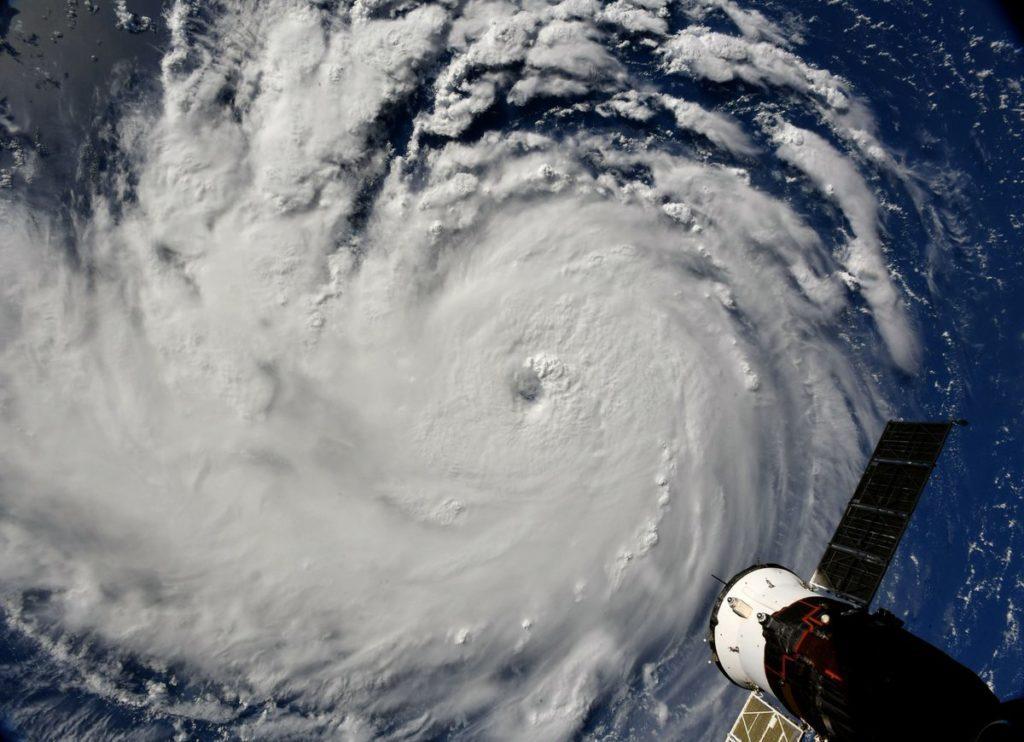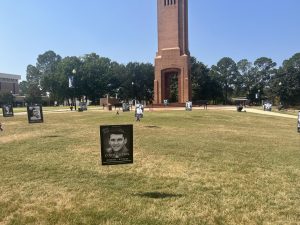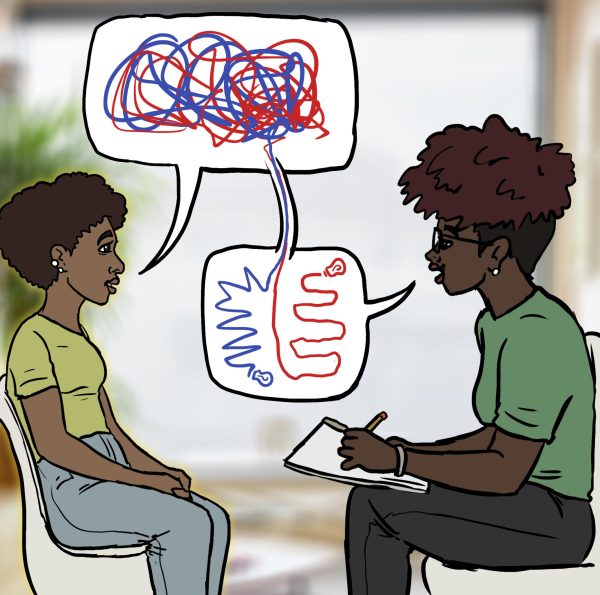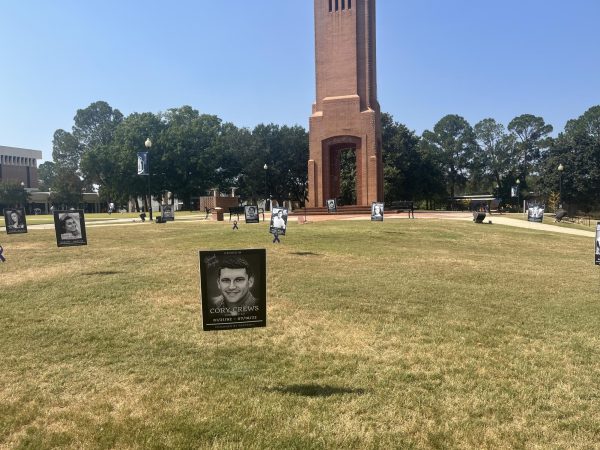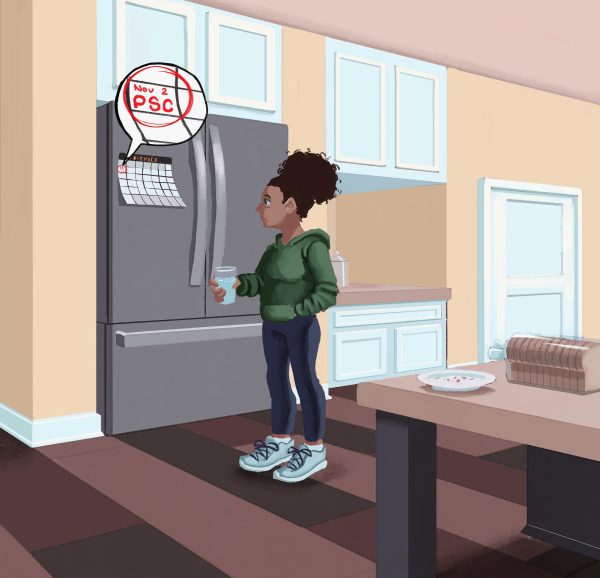Understanding Recovery Efforts
How FEMA responds to hurricanes and how Florence will affect Georgia, CSU
September 15, 2018
What is happening with Florence?
On Friday, Sept. 14 at 7:15 a.m., Hurricane Florence made landfall in North Carolina as a Category 2 hurricane. The storm surge (a rising of the sea as a result of atmospheric pressure changes and wind) already reached up to 10 feet, according to North Carolina Gov. Roy Cooper. When hurricanes hit, the biggest concern is not the hurricane, itself but the storm surge and flooding that comes with it. The northeast corner of Georgia is expected to get hit by the tail-end of the storm, and coastal areas of Georgia are expected to see some storm surge, as well.
Lt. Stanelle from the CSU Police Department and CSU’s Office of Emergency Management has reached out to all students, informing them of what to expect from the school’s response to the storm:
“To the Campus Community
As you know, Hurricane Florence is hitting the east coast. As of 5 am today, (09/14/18) anticipated impacts for Georgia have diminished. However, these storms can be unpredictable and university officials will continue monitoring the storm and remain in contact with local, state and federal emergency management specialists. CSU has offered up the few empty beds in our residence halls to other universities should need arise. If severe weather threatens our area, please remain alert to local outdoor warning sirens. As usual, in the event of an emergency or change in campus operations, CSU will provide notification first to faculty, staff and students through CougarAlert. Please take a moment to ensure that your emergency contact information is current, and tune in to local media outlets for the latest updates on what to expect from the storm.
Stay safe Cougars.
Lieutenant J. Brett Stanelle
Columbus State University Police Department
Office of Emergency Management”
Understanding the emergency declaration in Georgia
On Sept. 12, 2018, Gov. Nathan Deal issued an emergency declaration for all 159 counties in Georgia. Although the hurricane seems to be headed straight toward South Carolina, the northeast corner of Georgia is also expected to be affected by storm surge, runoff in mountain areas, and possible flooding.
An additional reason for declaring an emergency for all 159 counties is transportation. When a disaster hits, the Department of Transportation (DOT) often helps the Federal Emergency Management Agency with emergency response efforts. While activated, the DOT often communicates with local officials and organizations to coordinate responses and recovery.
During hurricanes, FEMA uses tractor-trailers to transport resources and supplies to affected areas. FEMA has distribution centers across the U.S. where they house resources such as water, clothing, and toiletries. FEMA’s logistics department is in charge of maintaining the distribution centers and transporting the supplies across the country.
To transport these supplies to Disaster Recovery Centers and shelters, FEMA will often use their own tractor-trailers or will contract with different trucking companies to help transport these items.
What you can do to get involved
As a student, the best way to get involved is by volunteering or donating money to nonprofit emergency management groups such as the Red Cross or Salvation Army. While many people think that donating clothing, toiletries, and non-perishable foods is the best thing to do, often times, the organizations may not have the room to store or the time to sort these types of items, so it is better to donate money. When donating money, the donator can choose to say that they want the funds to go toward a specific disaster. If you wish to donate through text messaging, you can text “Florence” to 90999. If you wish to volunteer with the Red Cross, you will need to fill out the volunteer application online at redcross.org/volunteer.



